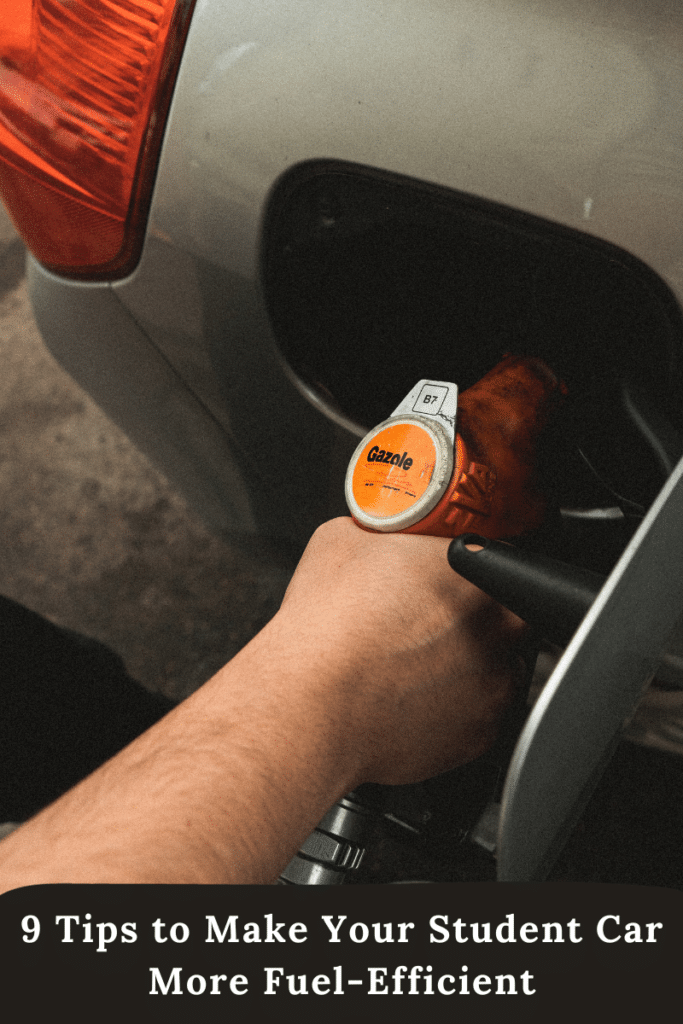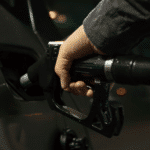Fuel efficiency is crucial for students managing tight budgets. A car that consumes less fuel not only saves money but also minimizes environmental impact. For students, where every penny and minute counts, enhancing fuel efficiency can be a game-changer.
This guide provides practical tips to turn your student car into a model of fuel efficiency. These easy-to-implement strategies will help you save on fuel costs and contribute to a greener planet. Let’s dive in and discover how simple changes in maintenance and driving habits can make a significant difference.
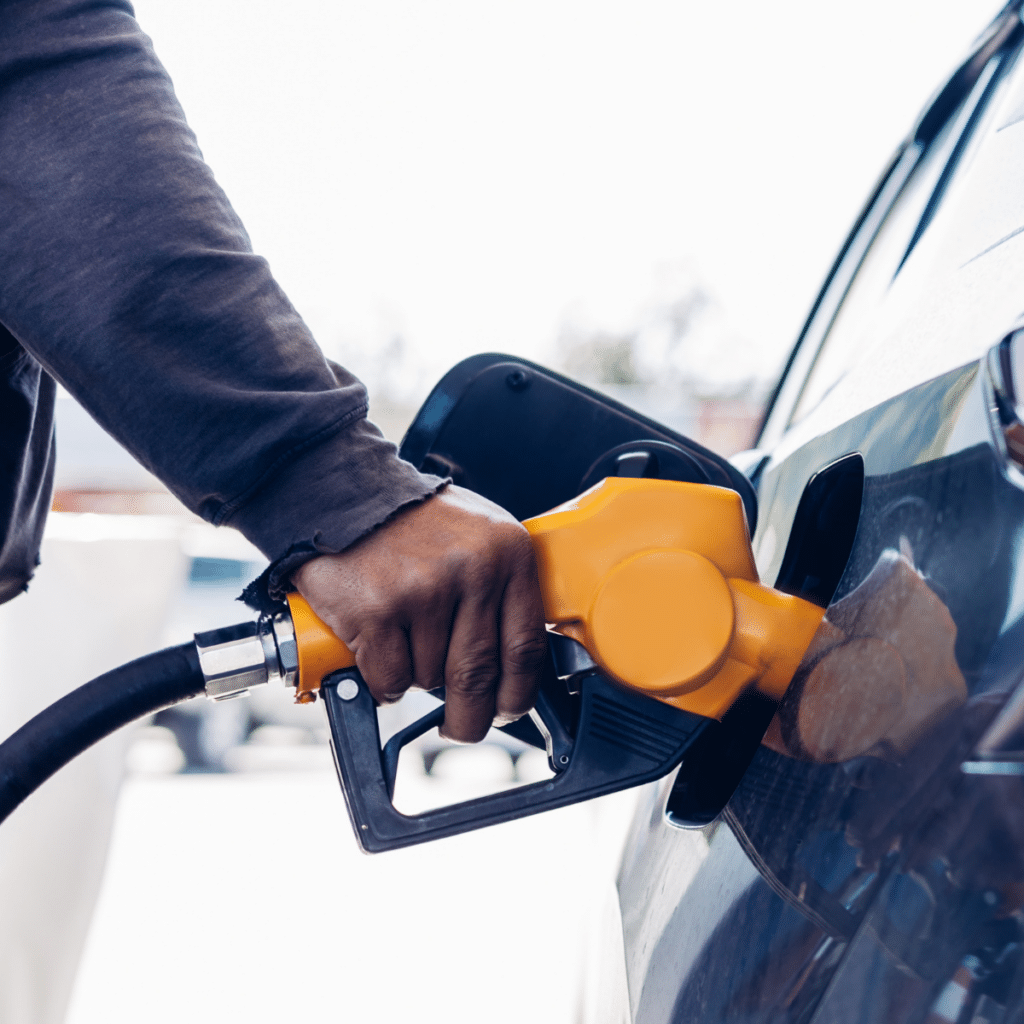
Regular Maintenance Checks
Regular maintenance is key to keeping your car fuel-efficient. Neglecting this can lead to decreased performance and higher fuel consumption. Ensure you check and change your oil regularly, as old or low oil can cause the engine to work harder. Also, keep an eye on tire pressure. Under-inflated tires increase resistance, leading to more fuel use.
Balancing car maintenance with academics can be challenging. Remember, you can always use the best essay writing services if you don’t have enough time for both your car and homework. This way, you can keep your car in top shape without compromising your studies. Regular checks are a small investment for significant savings in fuel costs.
Smart Driving Habits
Adopting smart driving habits can significantly improve your car’s fuel efficiency. Smooth acceleration and gentle braking are key. Abrupt starts and stops can increase fuel consumption dramatically. Aim to accelerate gradually and anticipate stops to avoid sudden braking.
Maintaining a steady speed, especially on highways, also helps. Use cruise control when possible to keep your speed constant. Avoiding high speeds reduces wind resistance, which can drain fuel. By driving more mindfully, you not only save fuel but also contribute to safer roads. Simple changes in how you drive can lead to noticeable savings at the pump.
Smart driving habits will not only help with fuel efficiency but also ensure that you are not involved in a car accident. Of course, accidents that are not your fault can also happen and having a contact number for a car accident lawyer is a good idea. Staying safe on the roads is essential in your early years of driving as it can stop other costs spiraling out of control.
Minimize Car Use
Reducing car usage is a straightforward way to improve fuel efficiency. Carpooling is an excellent strategy, especially for students going to the same campus or area. It not only saves fuel but also reduces parking hassles and expenses.
Another effective approach is combining errands. Plan to do multiple tasks in one trip rather than taking separate trips. This reduces overall driving time and distance, leading to less fuel consumption. By being strategic about when and how often you use your car, you can significantly cut down on fuel usage and costs.
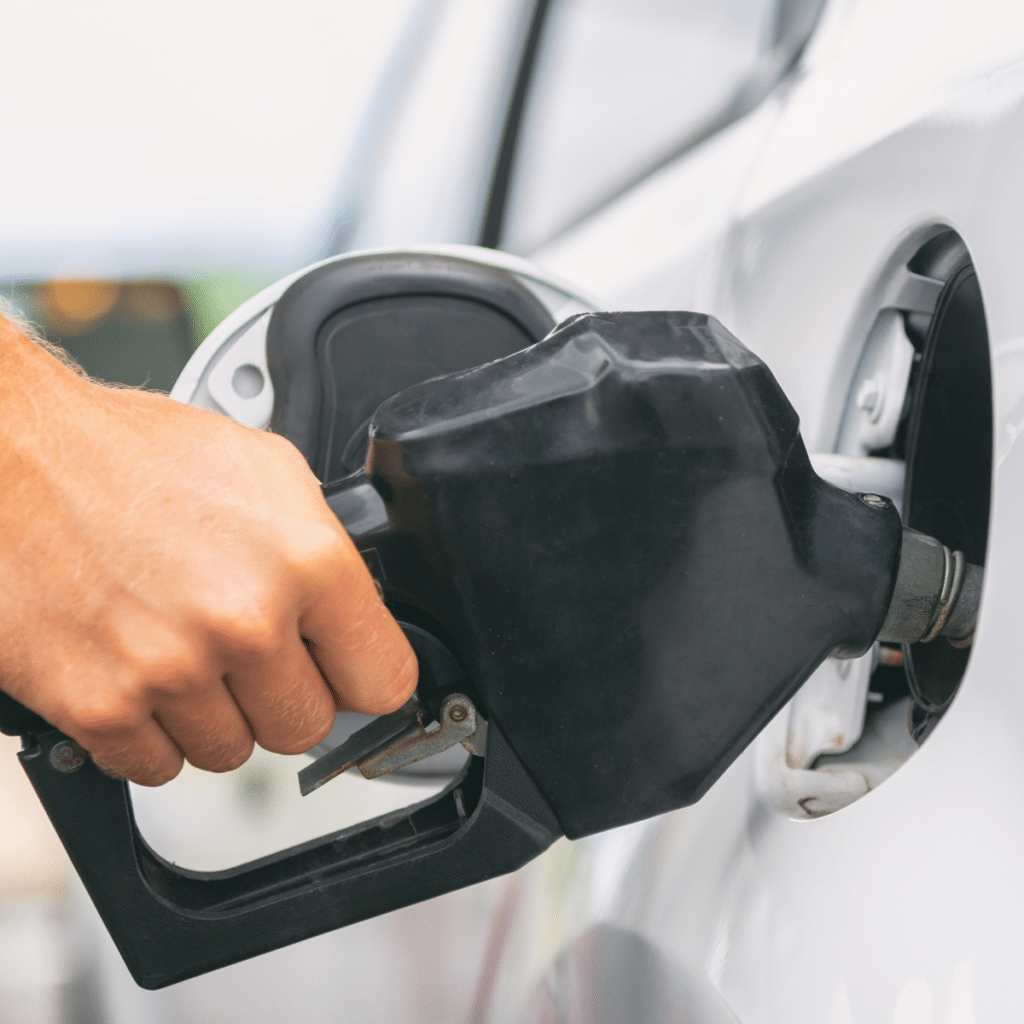
Optimize Tire Pressure
Proper tire inflation is crucial for fuel economy. Tires at the right pressure level reduce rolling resistance – the force your car engine has to overcome to move forward. When tires are under-inflated, more energy (and thus fuel) is needed to move your car.
Keeping tires inflated to the manufacturer’s recommended level ensures optimal contact with the road, reducing fuel consumption. Regularly checking tire pressure is a simple yet effective way to ensure your car runs more efficiently, helping you save on fuel costs and maintain overall vehicle health.
Reduce Excess Weight
Carrying excess weight in your vehicle can significantly impact fuel consumption. The heavier the car, the more effort and fuel it takes to move. Removing unnecessary items from your trunk or back seat can make a noticeable difference. This is particularly true for smaller cars, where extra weight has a greater proportional effect on fuel efficiency. By keeping your car free of unneeded items, you reduce the load and thus improve fuel economy. It’s a simple yet effective step towards a more fuel-efficient drive.
Use Air Conditioning Wisely
Using air conditioning wisely is key to conserving fuel. AC systems can increase fuel consumption, especially when used on high for extended periods. On cooler days, consider using fresh air from outside instead of the AC. When you do need air conditioning, try using it minimally, adjusting to a comfortable rather than cold temperature.
Also, parking in the shade or using sunshades can keep your car cooler, reducing the need for air conditioning when you start driving. These simple adjustments in your AC usage can lead to better fuel efficiency.
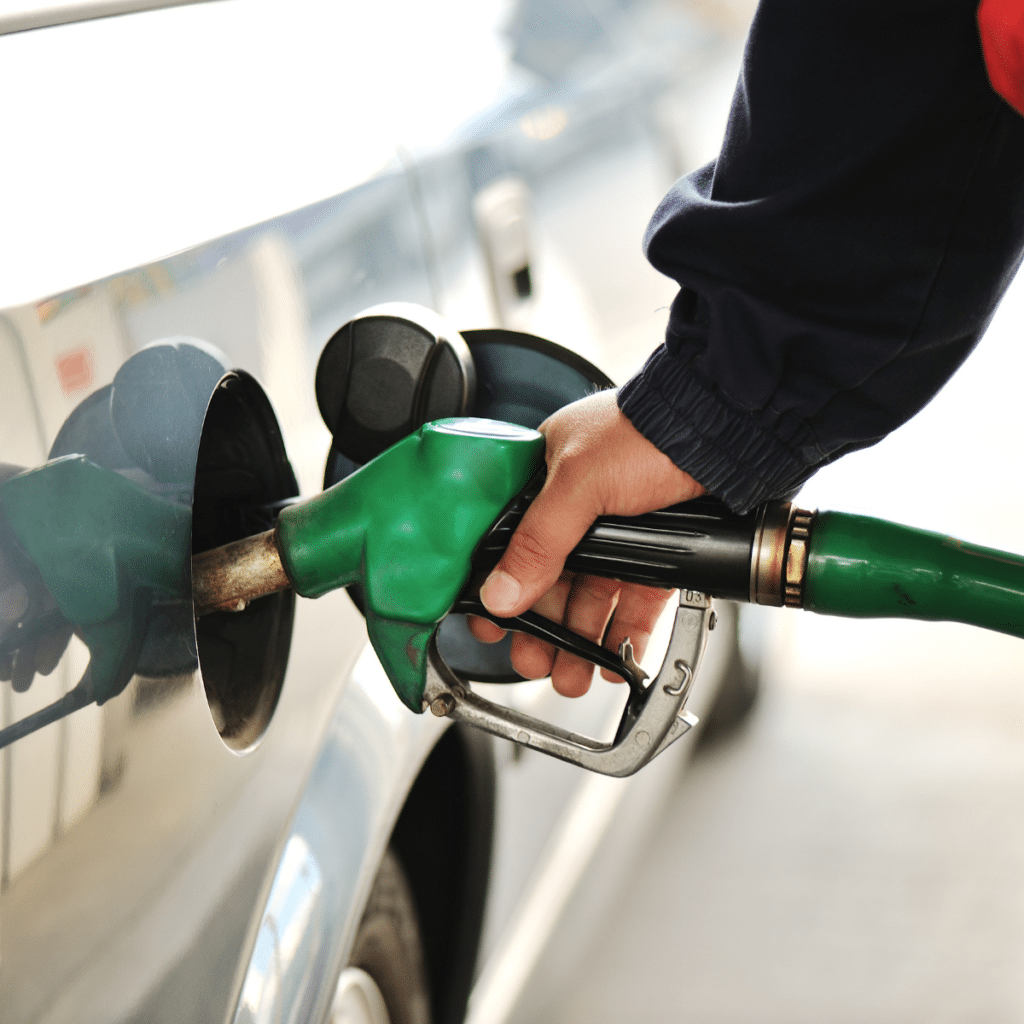
Plan Your Routes
Planning your routes is a smart way to boost fuel efficiency. By avoiding heavy traffic and long detours, you reduce idling and unnecessary driving, both of which consume extra fuel. Use GPS or map apps to find the quickest, most efficient routes to your destination.
If you’re worried about finding the time to plan amidst a busy student schedule, remember that the best service can help with your academic workload. This gives you more time to focus on efficient driving practices. Efficient route planning not only saves fuel but also time, making your journeys more cost-effective and environmentally friendly.
Consider Fuel-Efficient Accessories
Adding fuel-efficient accessories to your car can enhance its performance and fuel economy. Consider low-resistance tires, which are designed to decrease the amount of energy needed to roll the car. Another useful accessory is a roof rack wind deflector, reducing drag if you use a roof rack.
Additionally, installing a more efficient air filter can improve engine performance and efficiency. These accessories, while requiring an initial investment, can pay off in the long run by saving fuel and improving the overall health of your vehicle, making them a smart choice for students looking to optimize their car’s fuel efficiency.
Keep Your Car Aerodynamic
Aerodynamics play a significant role in fuel consumption. The less aerodynamic a car is, the more resistance it faces while moving, leading to higher fuel use. To improve this, keep windows closed at high speeds to reduce drag. Remove external carriers or roof racks when not in use, as they can disrupt the airflow and increase resistance.
Even small changes, like removing unnecessary external accessories, can enhance your car’s aerodynamics, making it glide more smoothly and efficiently on the road. By focusing on aerodynamics, you can significantly cut down on fuel consumption.
Conclusion
In summary, making your student car more fuel-efficient involves regular maintenance, adopting smarter driving habits, and minimizing car use through strategies like carpooling. Keeping tires at the right pressure, reducing excess weight, and using air conditioning judiciously also contribute to better fuel economy.
Planning routes efficiently, considering fuel-efficient accessories, and maintaining good aerodynamics further enhance efficiency. By implementing these strategies, students can enjoy a more cost-effective, environmentally friendly driving experience. Embrace these tips to make the most of every gallon and drive smarter, not harder.
